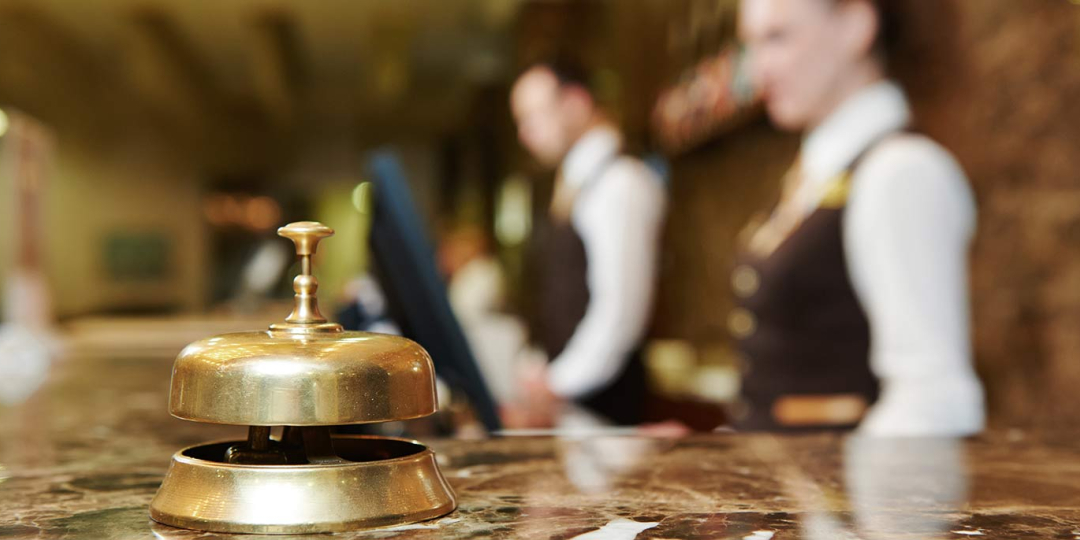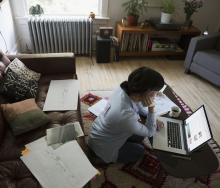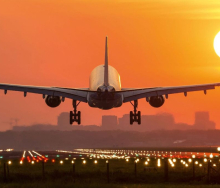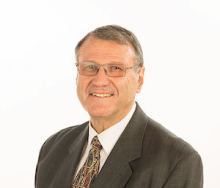By this stage it’s no secret that the hospitality industry has been among the most hard-hit of all economic sectors in South Africa following the onset of the global pandemic.
The country’s domestic flight shortage over the past few months, particularly on popular coastal tourism routes, highlights the fact that the impact of COVID-19 continues to plague us even long after local travel restrictions have been lifted.
In addition to this, the pandemic forced many hotels and resorts to lower their rates to attract bookings and maintain sales – an understandable but arguably short-sighted move that negatively affected the hospitality industry at large, as these prices are simply not sustainable. Add to this the standard hindrances hotel businesses experience in a typical year – seasonal booking lulls being one.
It’s no wonder that figures from recent surveys pointing to strong growth – between 41% and 70% – that are expected for the hospitality industry between now and June 2023 has many of us in the industry in better spirits. And with this higher demand for travel should come a collective return to ‘normal’ room rates among hoteliers and owners once again, so that we are all playing our part in helping to boost economic growth in the industry too.
What’s more, having an in-depth understanding of the ‘new’ era of hospitality that we find ourselves in and using what we have learned from the pandemic and other recent setbacks and disruptions to help us move forward, are key.
We know that guest expectations, for example, have changed dramatically since lockdown and now that interest in domestic and foreign inbound travel is picking up again, it’s crucial that hotels meet these needs more efficiently.
For instance, with remote work policies on the rise for workforces across the board, corporates are increasingly recognising the benefits of in-person conferencing and events that bring everyone together for team-building sessions. Similarly, remote workers are now able to enjoy travel experiences and luxury stays at hotels while they work – it’s not uncommon to spot a guest taking an online meeting or bashing out a deadline on our pool decks.
For these and so many other practical reasons, it’s important for hotels to work on building the right ‘bleisure’ offerings. That means paying close attention to digitisation and innovation – offering reliable, uncapped Wi-Fi Internet that is accessible throughout the property, as well as upgrading conferencing facilities to allow business guests to, for example, stream meetings and events live to colleagues in other locations.
And with ongoing load-shedding affecting the country, having back-up power in the form of generators and alternative energy sources like solar power, which reduces reliance on the grid, is a crucial consideration for guests that by now goes without saying.
I would like to think The Capital has been getting it right for the most part in terms of our COVID-19 recovery process and strategies, with revenue figures at our Gauteng properties experiencing steady growth on a month-to-month basis, and interest in events and conferencing on the rise from August last year.
Our popular Turn it Up events that are officially back on track have a lot to do with this peak in interest at our properties. These are designed to encourage hotel guests to leave their rooms to enjoy a bespoke meal experience and socialise at curated events across the property to boost food and beverage spend.
In general, the desire for more leisure and ‘bleisure’ travel is evident. Despite the shortage of domestic flights, which remains an obstacle to hotels in attracting local travellers, we simply cannot afford to ignore the importance of domestic tourism in favour of foreign inbound travel. Both deserve equal attention, which comes down to building 360-degree hotel stay, entertainment and dining experiences that will appeal to all guests and contribute to continued growth across the industry.














